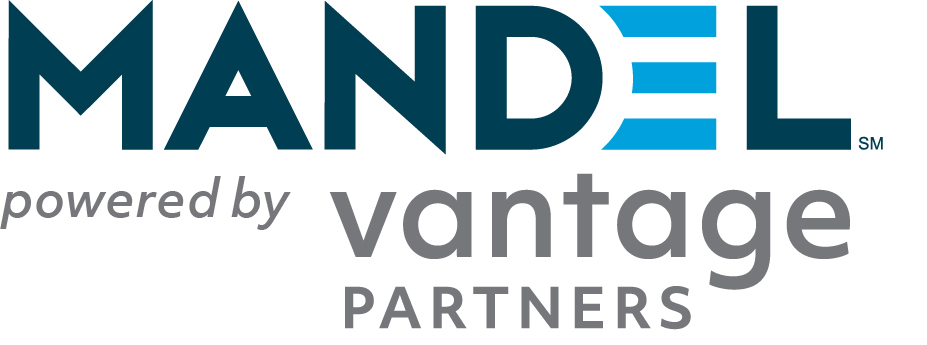18 attempts.
That’s how many calls a typical B2B sales person must now make to win an initial conversation with a potential buyer. And only 1% of buyers ever bother to call back.1
Project leaders, functional managers, and technology specialists we talk to tell us it’s nearly as difficult to secure time with executives inside their own companies whose support is needed to fund and implement projects.
You only get one chance to make a first impression.
Getting through to decision makers is tougher now than ever. That’s why when you do connect, it’s a “make-or-break” moment. It’s likely you’ll only get one shot, so you’d better make it a good one.
Your challenge?
Persuade the busy, distracted person with whom you’ve finally connected to make that critical first decision—to continue the conversation with you and hear your ideas.
Think before you speak.
Succeeding in that first conversation demands more than confidence, poise, and persistence—though these are important.
(That said, a mix of overconfidence and lack of preparation may lead you to “ad lib” and share unfiltered ideas in ways that damage your chances of success.)
To break through in your first conversation with decision makers, you must think before you speak.
Be intentional about how you engineer that first critical interaction, especially the first 60 seconds of the conversation.
For example, ask yourself:
- Am I opening the conversation with something that grabs their attention, rather than a bland review of my agenda, a discussion of “why we’re here,” or a summary of events leading up to the conversation?
- Do the first ideas I share connect directly to my decision maker’s needs—and not to my own product or solution’s features?
- Am I clear—before I speak at all—about my desired next step? Have I engineered the conversation to achieve it?
Securing that first conversation with a decision-maker is tougher than ever before. That’s why it’s critical to think before you speak and to engineer the first 60 seconds of your conversation to get the results you want.
Learn More
View Mandel’s Think and Speak for Results Communication Training® Workshops.
1 Harvard Business Review. How B2B Sales Can Benefit From Selling Social. 11/10/2016.







